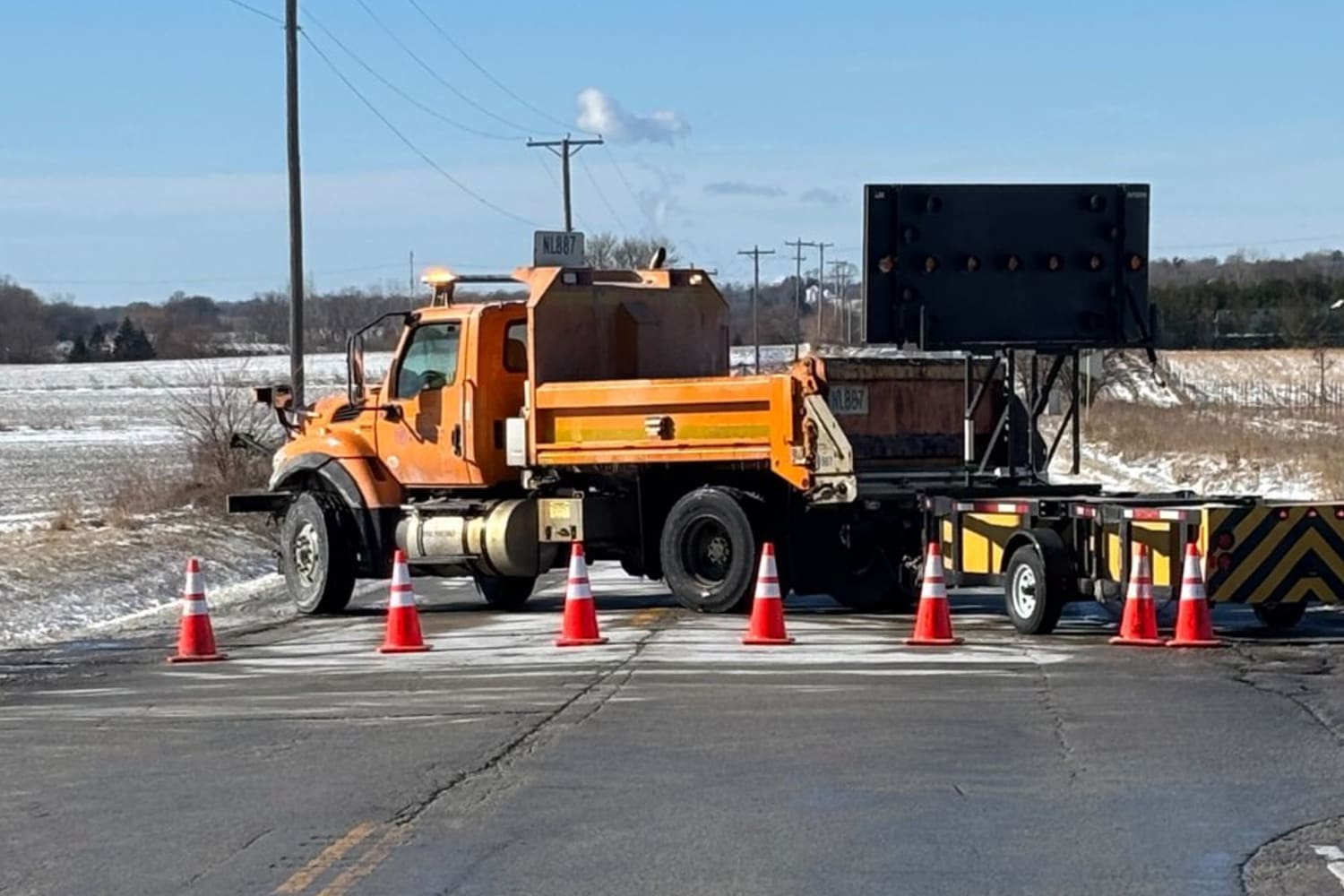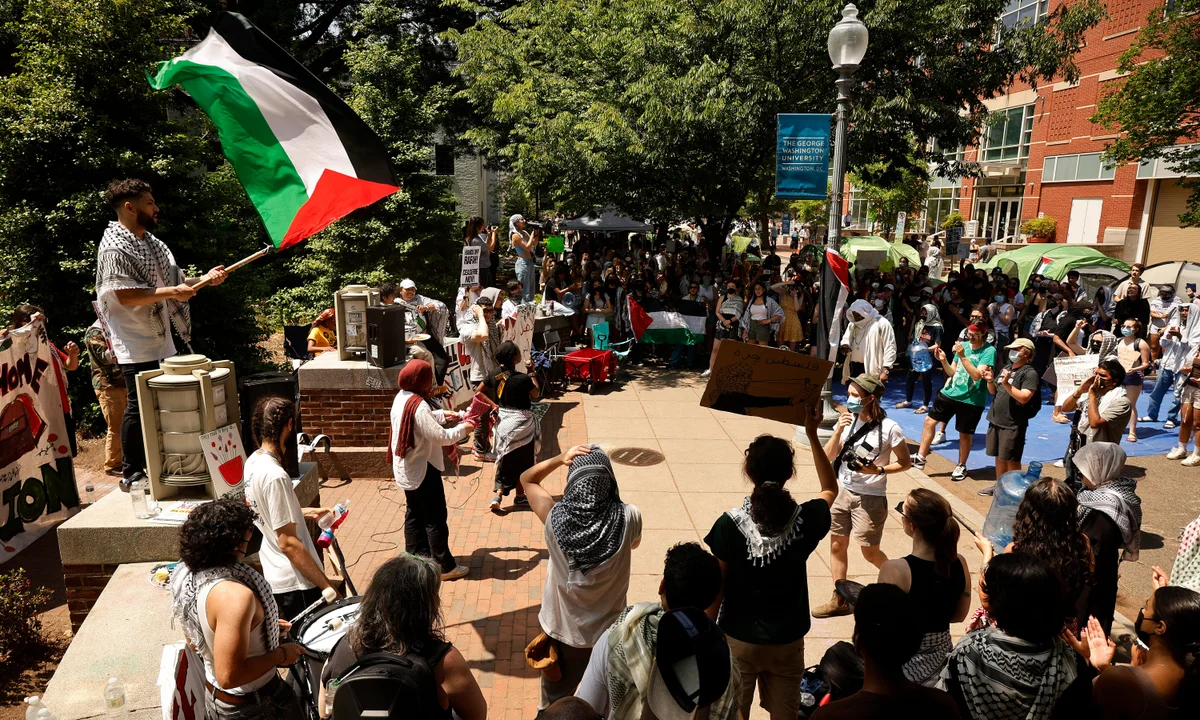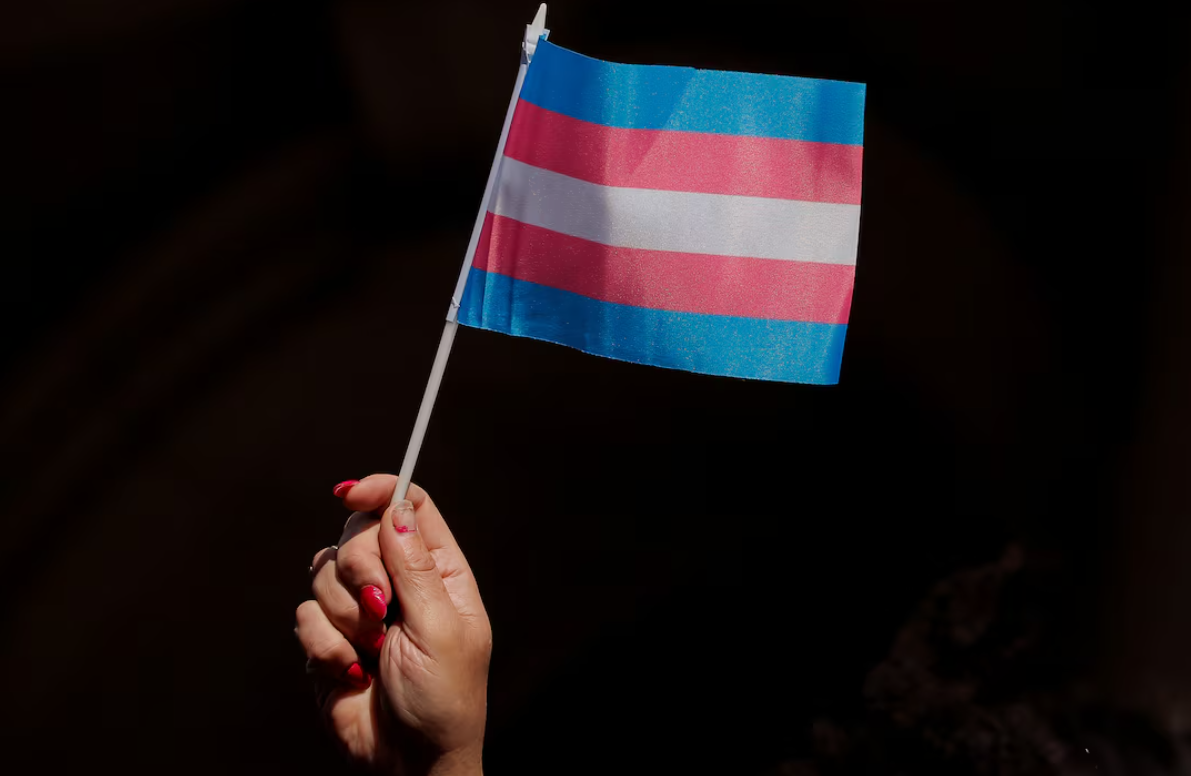Virginia Hislop has spent a lifetime trying to increase access to education, and now, at 105 years old, she appears to have completed her own schooling.
On Sunday, Hislop celebrated Stanford University’s conference of a master of art’s degree in education — 83 years after having left campus just shy of the degree. Her son-in-law had contacted the institution and discovered a final thesis, her unfulfilled obligation, was no longer required.
“I’ve been doing this work for years and it’s nice to be recognized with this degree,” Hislop told Stanford for a story about her nearly lifelong journey to a stage on campus, where a diploma in a Cardinal-red cover was placed in her hand.
In 1941, on the eve of the United States’ direct involvement in World War II, and as her fiance was preparing to be called to serve, Hislop skipped out on the thesis.
Her Stanford days, starting in 1936, were nonetheless fruitful, and she earned an undergraduate education degree before moving directly to postgraduate studies.
She wanted to go to law school, Hislop has said, but her father wouldn’t pay for it, so she opted for the briefer time required for teaching.
Hislop had completed coursework for a master’s and needed only to turn in the final version of her thesis, she has said. Instead, she told NBC Bay Area, she skipped town and had a honeymoon in Oklahoma near her husband’s Army post at Fort Sill.
“Not my idea of a place for a honeymoon,” she told the station, “but I had no choice in the matter.”
At the time, such a sacrifice — trading her career for marriage and a future family — was seen as a way to support the war effort. It was a sacrifice for America.
She had grown up in Los Angeles, but after the war the California girl found herself with husband George in Yakima, Washington, where George took part in the family business of ranching.
They raised two children, which put Hislop’s focus on a passion stoked during her days in Palo Alto: education.
“I didn’t return to teaching, but I feel I put my teaching certificate to good use serving in committees and on boards and trying to improve the educational opportunities every chance I got,” she told the Yakima Herald-Republic in 2018.
She opposed middle school curricula that required home economics but not advanced English for her daughter, so she ran for the Yakima School District Board of Directors and won, according to the publication.
Hislop also successfully lobbied for independent community college districts in Washington state at a time when Yakima’s two-year college was under the otherwise K-12 district.
She was eventually recruited to raise funds for what would become Heritage University, a women-founded, women-led institution about 20 miles south of Yakima.
She launched the school’s annual Bounty of the Valley Scholarship Dinner, which by 2018 had raised nearly $6 million to help students attend the institution. Hislop is listed by the school as a board member emerita.
At Pacific Northwest University, a medical and health sciences school in Yakima, a scholarship, the Virginia Hislop Emergency Fund, bares her name.
Her interest in broad access to education may have been inspired by an aunt who was the principal of a public school in West Los Angeles’ Sawtelle Japantown neighborhood when Hislop grew up in L.A.
Sawtelle is an area originally anchored by a housing and care facility for disabled veterans of the Civil War, but it evolved into a community populated by Japanese Americans and Latinos.
Hislop said she was moved by her aunt’s experience seeing education change lives on L.A.’s Westside, according to the Yakima Herald-Republic.
“Aunt Nora would tell us about some of the Hispanic students in her school and how they were doing and the difference that education made for them,” she told the publication. “It seemed to me that without an education, your future was limited and with an education it was unlimited.”
Her new degree is punctuation for a life spent advocating for public education for the masses.
On Sunday, Daniel Schwartz, dean of Stanford’s Graduate School of Education, handed Hislop her master’s diploma with a broad smile, describing her as “a fierce advocate for equity and the opportunity to learn.”




